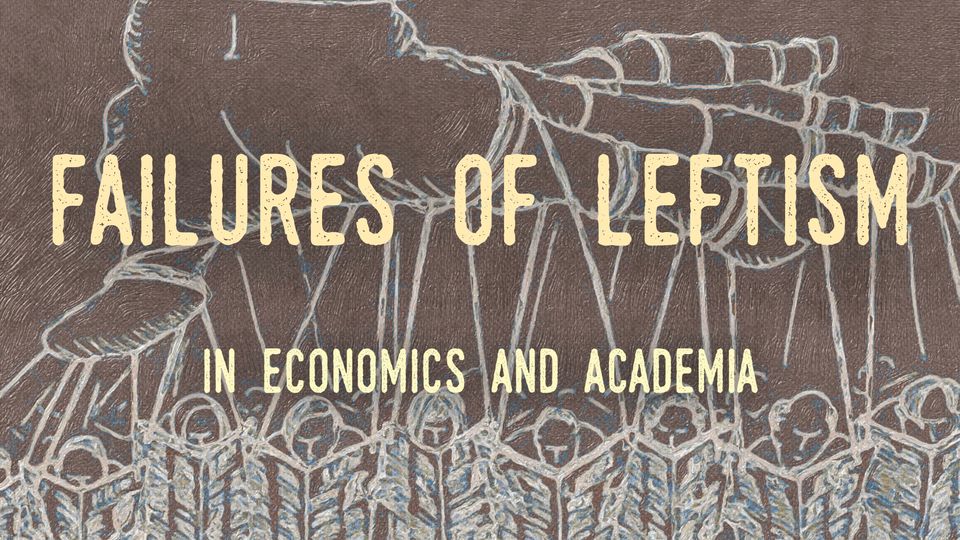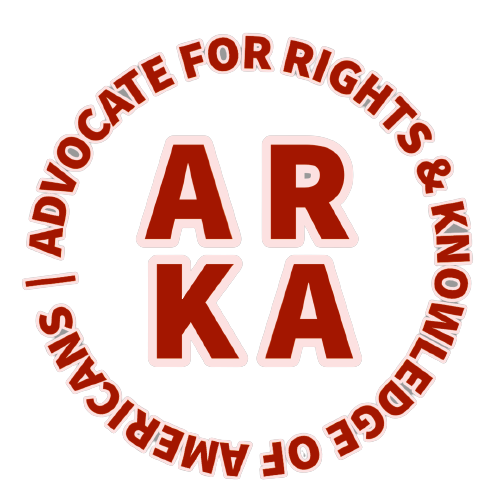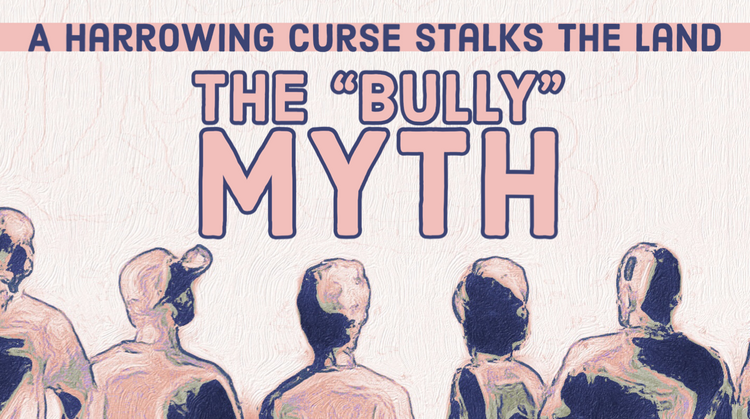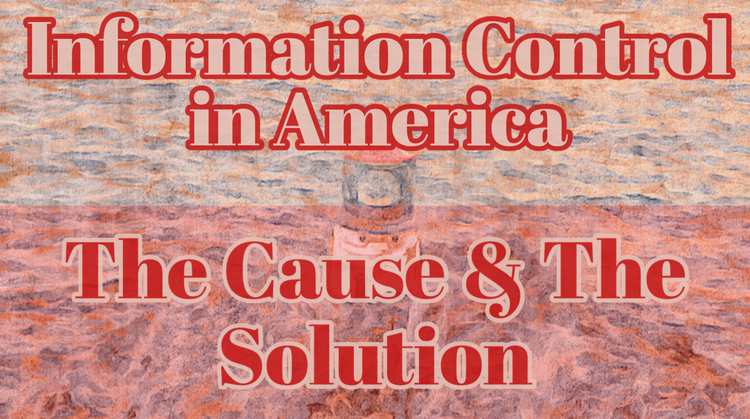Failures of Leftism in Economics and Academia

Just 7 months ago, I set out to investigate how information and networks are controlled in the modern setting. I found the heart of the modern left in the form of software developers and "extremist" researchers.
I found that censorship and "shadow ban" (complex censorship) software came from a counter-violent extremist (CVE) called, Jigsaw, who partnered with the New York Times when testing these software[1]. Jigsaw produces flawed reports over violent white supremacy to justify their programs[2]. Another CVE, Moonshot, produced the software that tampers with user's ad feeds and search results[3]. The tampered links lead to far-leftist training[4][5]. Tech platforms, pseudo-mental health pages, and CVEs use software to target and manipulate at-risk audiences (such as the youth or mentally ill)[6]. Tech platforms also use CounterSpeech groups to control narratives[7]. The "rise" in Asian hate crimes was an unstatistical ploy that also originated from a CVE[6]. In fact, agenda-driven and unscientific extremism/hate crime/terrorism reports often originate from CVEs[8]. Moonshot even had unprecedented monitoring and network powers during the 2020 presidential election, boasting that they were able to respond to "disinformation" real-time[9]. I found government support for these online campaigns, not only from the Department of Homeland Security and security state agencies, but from the White House and the Biden administration[10]. Left-leaning policy research centers produce flawed reports in support of the CVEs[3]. An entire subfield of psychology has been suppressed[11], and the ignorant progressive movements take full advantage of it[12].
My investigations are based on open-sourced programs, CVE reports, tech platform reports, FBI crime data, demographic data, intelligence reports, psychology papers, and my trained analysis of data and scientific report writing.
In an effort to further understand far leftism (I even produced "The Psychology of Leftism"[13]), I am now turning my attention to modern leftist policy. What do they want; what is their goal?
Failures of the Modern Left
Psychology
Leftists of the 1940s were adamant on characterizing conservatives as authoritarians. A group of leftist psychologists produced a volume on this topic in 1950 titled, The Auhoritarian Personality. This volume was a failure, which even leftists acknowledged in a rare episode of self-reflection.
They were not deterred from psychoanalyzing their opposition, however.
In 1981, another leftist psychologist devised the RWA scale to prove that conservatives are authoritarian. His scale backfired when left voters and right voters scored equally on the scale, but with the highest scores (of authoritarianism) being attributed to the far-left. As a result, the RWA scale lost interest except for the occasional resurection by unscientific leftists trying to psychologically project themselves onto their opposition (yet again).
Academia
Within academia, the left hijacked entire fields (psychology and social sciences) to dominate socio-political narratives. Once hijacked, students and faculty suffered from enforced politically correct speech all in the name of fighting for "rights" (modern leftism defines rights by things they want institutions to obtain for them, more or less). Affirmative action and critical theory narratives were blatant attacks on objectivity, where the scientific method, independent consensus, and any form of rigorous fact-finding is rejected if not in support of leftist agenda. Entire blogs and even books have been written on the authoritarian nature of modern leftism in academia, so I won’t highlight the irony of their obsession with this topic any further.
However...
An argument can be made that the progressive movements failed to fade when they should have because corporations and policy makers found feminism and anti-racist rhetoric to be beneficial to their brands or reelection. When the rights for minorities finally equalled out, those same narratives that sold products and highlighted election campaigns were still too profitable. So after marriage equality was achieved, some menial progressive goal took its place, and on and on.
Yet the leftist took every silly left-leaning (even unscientific) goal to heart; so whether that argument has merit or not, we are still left pondering the agenda of modern leftism.
Economics
Do minimum wage policies have an net positive effect on society? According to left-leaning economics reports, minimum wage policies are "good" overall. Unfortunately, these reports are lacking in analysis.
To determine the truth of this matter, we have to observe payroll expenses of the working class before and after minimum wage policy is adopted. This is very simple: does the working class have a net increase in wages after minimum wage policy? This is the question that we are attempting to answer, yet left-leaning economists skirt the issue, preferring to use proxy variabls in place of actual wage variables or by using different metrics altogether (such as comparing one state with another, which does not isolate the variables that we need to isolate).
As it turns out, there is a (unbiased) paper produced that compares wage, employment, and hours effects of minimum wage policies across all sectors of a market[14].
This paper evaluates the wage, employment, and hours effects of the first and second phase-in of the Seattle Minimum Wage Ordinance, which raised the minimum wage from $9.47 to $11 per hour in 2015 and to $13 per hour in 2016. Using a variety of methods to analyze employment in all sectors paying below a specified real hourly rate, we conclude that the second wage increase to $13 reduced hours worked in low-wage jobs by around 9 percent, while hourly wages in such jobs increased by around 3 percent. Consequently, total payroll fell for such jobs, implying that the minimum wage ordinance lowered low-wage employees’ earnings by an average of $125 per month in 2016. Evidence attributes more modest effects to the first wage increase. We estimate an effect of zero when analyzing employment in the restaurant industry at all wage levels,comparable to many prior studies.[14]
The authors showed that there were net decreases in the wages of the working class when minimum wage is raised. The paper compared the increase in wages with work hours lost and employees laid off. Only across one sector of the market was there a net effect of zero, meaning the increased wage of inexperienced workers was perfectly negated by the decrease of wages caused by employment and hours changes of other workers. Even in this net sum of zero sum (for the restaraunt sector), it can be argued the those that suffered, suffered greater losses (family issues resulting from lossed employment) than those that gained (increased wages).
the context of Seattle’s minimum wage increases from $9.47 to $11/hour in April 2015 and to $13/hour in January 2016. It reaches a markedly different conclusion: employment losses associated with Seattle’s mandated wage increases are in fact large enough to have resulted in net reductions in payroll expenses – and total employee earnings – in the low-wage job market...Most importantly, much of the literature examines the impact of minimum wage policies in datasets that do not actually reveal wages, and thus can neither focus precisely on low-wage employment nor examine impacts of policies on wages themselves.[14]
As the authors pointed out, previous literature did not use wage as a variable, hindering their ability to examine the effects of minimum wage policy on the working class.
Theory drastically oversimplifies the low-skilled labor market, often supposing that all participants possess homogeneous skill levels generating equivalent productivity on the job. In reality, minimum wages might be binding for the least-skilled, least-productive workers, but not for more experienced workers at the same firm. Empirically, it becomes challenging to identify the relevant market for which the prediction of reduced employment should apply, particularly when data do not permit direct observation of wages. [14]
Above, the authors are simply stating that previous literature does not account for more experienced workers, and the effects that minimum wage policies have on them and other complexities of the working class.
This paper examines the impact of a minimum wage increase for employment across all categories of low-wage employees, spanning all industries and worker demographics. We do so by utilizing data collected for purposes of administering unemployment insurance by Washington’s Employment Security Department (ESD)...As we have the capacity to replicate earlier studies’ focus on the restaurant industry, we can examine the extent to which use of a proxy variable for low-wage status, rather than actual low-wage jobs, biases effect estimates.[14]
The authors were able to compare their results to literature that simply compared one state to another. The authors chose to compare the working class within one state before and after minimum wage policy, rather than compare two different markets where one used the policy and another did not. This comparing of two different markets is one of the methods of the leftist economist, and this method cannot account for other differences in the markets. It's an obvious ploy to compare a better market that happens to have higher minimum wage policy with another market that doesn't in order to make minimum wage policy appear to be beneficial to the working class.
Welfare Policy
A staple of left-leaning policy is modern welfare, which helps those who are not capable of providing for themselves but unfortunately provides incentives for the lower-working class to remain on unemployment. In 2019, 13 counties in Alabamba saw a shocking 85% drop in food stamp participation after work requirements were reintroduced to the welfare policy [15]. Clearly, the majority of people on food stamps were able to provide for themselves before the work requirement policy.
Conclusion
Understanding the modern left is difficult, to say the least. From the control of information and networks to the recent leftist police state of certain communities in Australia, this is a global movement that has all of our attention. Leftist economists are lying (deliberately or incompetently) about minimum wage and food stamps. Left-leaning policy research centers are lying about extremism, terrorism, and hate crimes from the right while ignoring the extremes of the left (though they are both insignificant). Left-leaning academics are forcing authoritarianism on campuses while suppressing subfields of psychology [16].
What are we to make of this mess? The incompetence of the modern left comes just when we need left-leaning policy in our monopoly-infested markets. Just when we need psychology and mental health the most, leftists are using pseudo psychology to manipulate the at-risk into becoming leftist pawns for collective movements. The psychology of the leftist[13] can only account for the behavior of the true modern leftist – not the low-wage opportunists, corporate marketers, and other non-leftist opportunists using leftism to further their interests.
Setting the stage for a comprehensive description of the economic and policy left is going to require some hard work and no shortage of cleverness; but I did completely map out all major organizations and software involved in censorship, shadow banning, ad feed manipulation, and search result manipulation (along with the extremism lies and economic agenda of guilty parties). Let's see if I can recreate that success in economics and policy.
subscribe to and share my work please. I can only vanquish the left with your support.
[1] Kelly C Offield. "Grand Manipulation: Shadowbanned." The ARKA Journal. https://advocate-for-rights-and-knowledge-of-americans-arka.ghost.io/grand-manipulation-shadowbanned/
[2] Kelly C Offield. "A Hidden War on Free Speech: Google's Jigsaw." The ARKA Journal. https://advocate-for-rights-and-knowledge-of-americans-arka.ghost.io/grand-manipulation/
[3] Kelly C Offield. "The World's Leading Brainwasher: Moonshot." The ARKA Journal. https://advocate-for-rights-and-knowledge-of-americans-arka.ghost.io/grand-manipulation-moonshot-cve-edition/
[4] Kelly C Offield. "Grand Manipulation: The Agents in the False Ads." The ARKA Journal. https://advocate-for-rights-and-knowledge-of-americans-arka.ghost.io/grand-manipulation-the-agents/
[5] The ARKA Journal. "Leftist Indoctrination on Facebook".
[6] The ARKA Journal. "How Far-Leftism is Forced On Us."
[7] The ARKA Journal. "Facebook's Puppet Masters."
[8] The ARKA Journal. "The Extremism Myth."
[9] The ARKA Journal. "Propaganda and the Nationwide Monitoring of Conservatives during the 2020 Election."
[10] The ARKA Journal. "The US Government and Software Tyranny."
[11] The ARKA Journal. "A Tale of Suppressed Science: The Psychology of Trauma and Resilience."
[12] The ARKA Journal. "Progressive Movements: How Unscientific and Harmful Are They?."
[13] The ARKA Journal. "The Psychology of Leftism."
[14] Ekaterina Jardim. Mark C Long. Robert Plotnick. Emma van Inwegen. Jacob Vigdor. Hilary Wething. "Minimum Wage Increases, Wages, and Low-Wage Employment: Evidence From Seattle." NBER Working Paper Series.
[15] Gore, Leada. "13 Alabama counties saw 85 percent drop in food stamp participation after work requirements restarted."
[16] The ARKA Journal. "A Tale of Suppressed Science: The Psychology of Trauma and Resilience."

![A Religion Called "Psychology" & the Bully Myth [Part II]](/content/images/size/w750/2022/10/bully2.PNG)




Member discussion